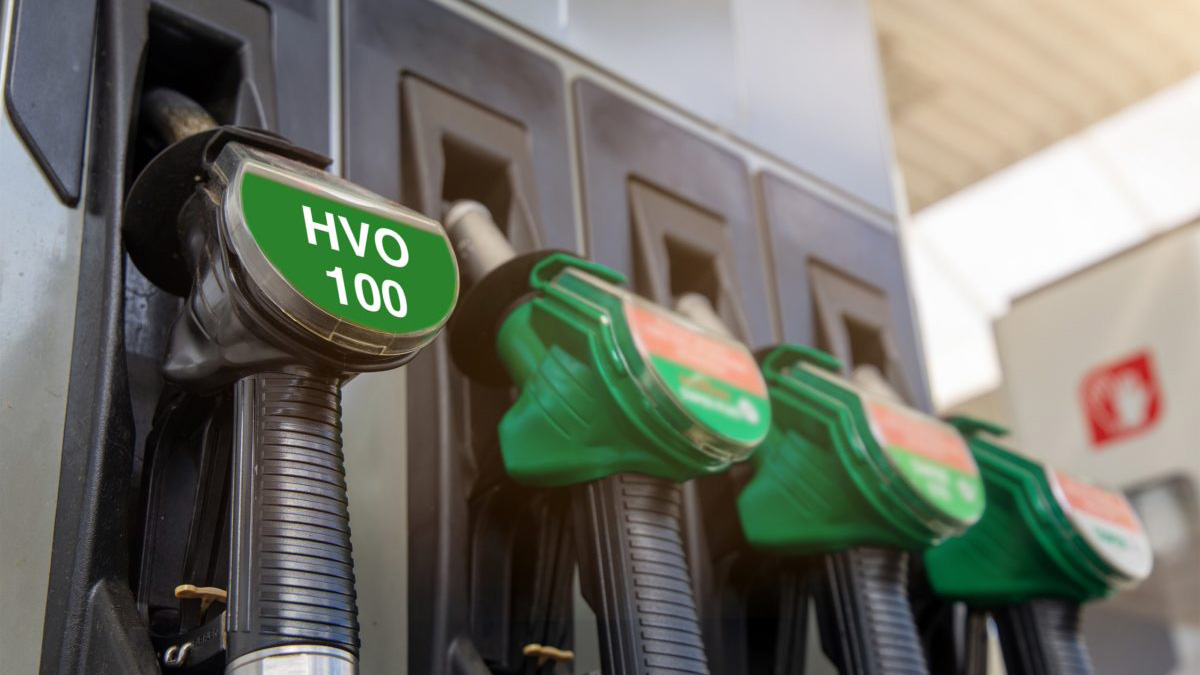HVO100 is a second-generation biofuel that can reduce emissions by up to 90% compared to regular fossil fuels. It's made from vegetable oils and waste products from the food and hospitality industries, including used cooking oil. Most diesel engine vehicles can use HVO100 without any modifications.
Right now, drivers can fill up with HVO100 at ORLEN stations in Boizenburg on the Elbe and Achim near Bremen. The company plans to offer the fuel at more stations in Germany soon.
ORLEN is also getting ready to sell HVO100 in the Czech Republic. They're working on the Paramo terminal in Pardubice to start wholesale distribution in early 2025. The company is thinking about selling it at retail stations in the Czech Republic too.
Several European countries already have HVO100 on the market. These include Finland, Belgium, Denmark, the Netherlands, Sweden, and Latvia. Poland is waiting for new laws about quality requirements and Trade Inspection control before introducing the fuel.
ORLEN has big plans for producing HVO100. They're setting up a facility in P?ock that will make 300,000 tonnes of the biocomponent each year. The plant will use rapeseed oil, used cooking oil, and mixes of both. This project will cost about PLN 600 million (139.6 million euro). ORLEN is also planning to produce HEFA bio-components for sustainable aviation fuel (SAF).
Source: Biofuels News

